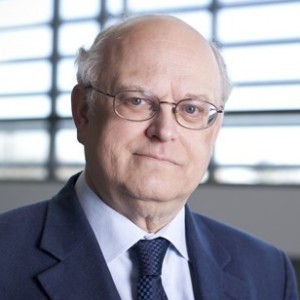
Dr. Thomas Sterling
Professor of Intelligent Systems Engineering
Indiana University
School of Informatics, Computing, and Engineering
Thomas Sterling is a Full Professor of Intelligent Systems Engineering at Indiana University (IU) serving as Director of the AI Computing Systems Laboratory at IU’s Luddy School of Informatics, Computing, and Engineering. Since receiving his Ph.D from MIT as a Hertz Fellow in 1984, Dr. Sterling has engaged in applied research in parallel computing system structures, semantics, and operation in industry, government labs, and academia. Professional affiliations have included Harris Corp., IDA Supercomputing Research Center, NASA (GSFC, JPL), Un. of Maryland, Caltech, and LSU. Dr. Sterling is best known as the “father of Beowulf” for his pioneering research in commodity/Linux cluster computing for which he shared the Gordon Bell Prize in 1997. His current research is associated with innovative extreme scale computing through memory-centric non von Neumann architecture concepts to accelerate dynamic graph processing for AI including ML. In 2018, he co-founded the new tech company, Simultac, and serves as its President and Chief Scientist. Dr. Sterling was the recipient of the 2013 Vanguard Award and is a Fellow of the AAAS. He is the co-author of seven books and holds six patents. Most recently, he co-authored the introductory textbook, “High Performance Computing”, published by Morgan-Kaufmann in 2018 which is going into 2nd edition.